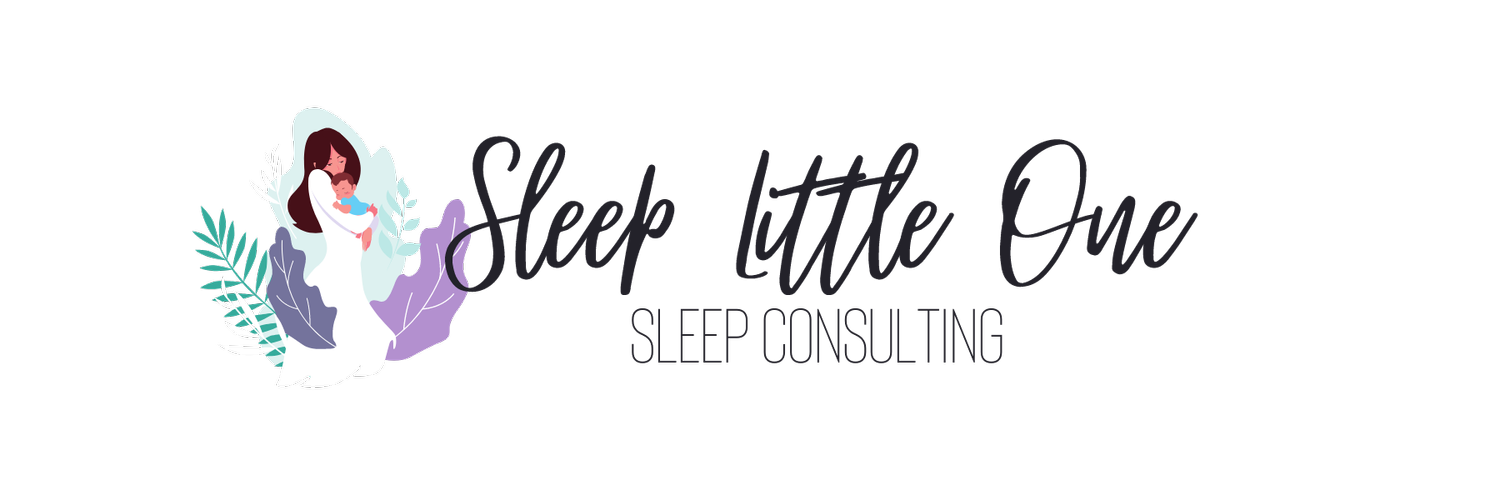How To Tell If You Have Postpartum Depression Or Anxiety
This week is Maternal Mental Health week in some places around the world, so I would like to dedicate my blog this week to this very subject. It is such an important topic and it needs to be talked about more so that parents can have a better understanding of these disorders, how common these disorders are and to realize they are not alone. Coming from someone who has experienced perinatal mental health disorders myself, I know how important it is to spread awareness on these topics and it’s why I speak out about it when I can.
I have discussed other perinatal mental health disorders in other blogs such as postpartum OCD and post partum sleep deprivation and even touched on postpartum depression, or PPD, and postpartum anxiety, or PPA, as well. In this blog, I want to really focus in on the symptoms of PPD and PPA as these ones can be very common and can even be overlooked. I also want to touch on the baby blues to identify why it is in fact different from PPD and how you can tell if things have gone past the baby blues and into something more serious such as PPD.
I also want to make something very clear: I am using the word parents throughout this blog because fathers can experience these disorders too! You may think it’s only mothers who experience perinatal mental health disorders but you are in fact wrong. Men experience it too and they can be just as affected by it. This blog pertains to both genders because you are both important.
What are the baby blues?
The baby blues can happen to parents 1-2 weeks after giving birth and they may experience bouts of anxiety, crying spells, sleeplessness and mood swings, among other symptoms. Although hard, the baby blues will usually only last a few days to a couple weeks. Some of the symptoms include:
saddness
irritability
anxiety
mood swings
becoming overwhelmed
difficulty sleeping
crying
finding it hard to concentrate
trouble with appetite
What is postpartum depression and postpartum anxiety?
Postpartum depression is a very serious mood disorder. It can be mistaken for the baby blues at first, but it lasts longer and the symptoms are more intense. They may even interfere with your daily life and your ability to get daily tasks done. It can start 1-2 weeks after you give birth, but can even start before then - during pregnancy - and may even happen later, up to a year after giving birth. Parents who experience this can have these symptoms:
intense saddness
depressed mood or severe mood swings
changes in appetite (eating much less or more)
extreme amounts of crying
not being able to bond with your baby
difficulty concentrating, making decisions or thinking clearly
avoiding family and friends
intense irritability and anger
insomnia or getting too much sleep
feeling restless
not feeling like you’re a good enough parent
not showing interest in usual hobbies or activities
severe anxiety
panic attacks
feelings of shame, worthlessness and guilt
feeling hopeless
staggering fatigue/loss of energy
thoughts of harming the baby or yourself
suicidal thoughts
Postpartum anxiety is anxiety that occurs after giving birth, although it can start during pregnancy or even a year after giving birth. Parents who experience postpartum anxiety may have intrusive thoughts and may feel intense anxiety over their baby that can interfere with their daily functioning. They may have uncontrollable worries that make it hard to take care of their baby and themselves. Some of the symptoms of postpartum anxiety are:
fatigue
panic attacks
excessive worrying
intrusive/persistent thoughts
insomnia
avoiding situations, people or places
feeling tense
shaking or trembling
dry mouth
nausea
an irregular heartbeat
Having a new baby can be a worrying and stressful time, but when these feelings start to interfere with your daily ability to cope with and live your life, that is not normal. If you are struggling with any of the symptoms listed above, then you should really consider asking a trusted doctor for help. You don’t have to suffer through this alone, you deserve to feel good about yourself and your life with your new (or maybe not so new) baby. Talk to your doctor about PPD and PPA and the symptoms you are experiencing so you can get the help you so deserve!
Did this blog help you? If so, share it with other parents in need - you never know who might need to read this today! If you want more content like this, you would love my Facebook group called Sleep Little One where I give FREE weekly tips and advice to parents in need. I hope to see you over there!
If you have a little one who is having trouble sleeping and it is affecting your mental health, then it may be time to start sleep training. If that is something you would like to do, I offer personalized 1:1 plans that pertain to your individual family. I will work with your little one’s temperament and the needs of your particular family to come up with a plan that works for you. Check out the packages I offer and send me an email to get back on the road to better sleep!
Keep doing what you’re doing, you’re amazing!
Thanks for reading!
